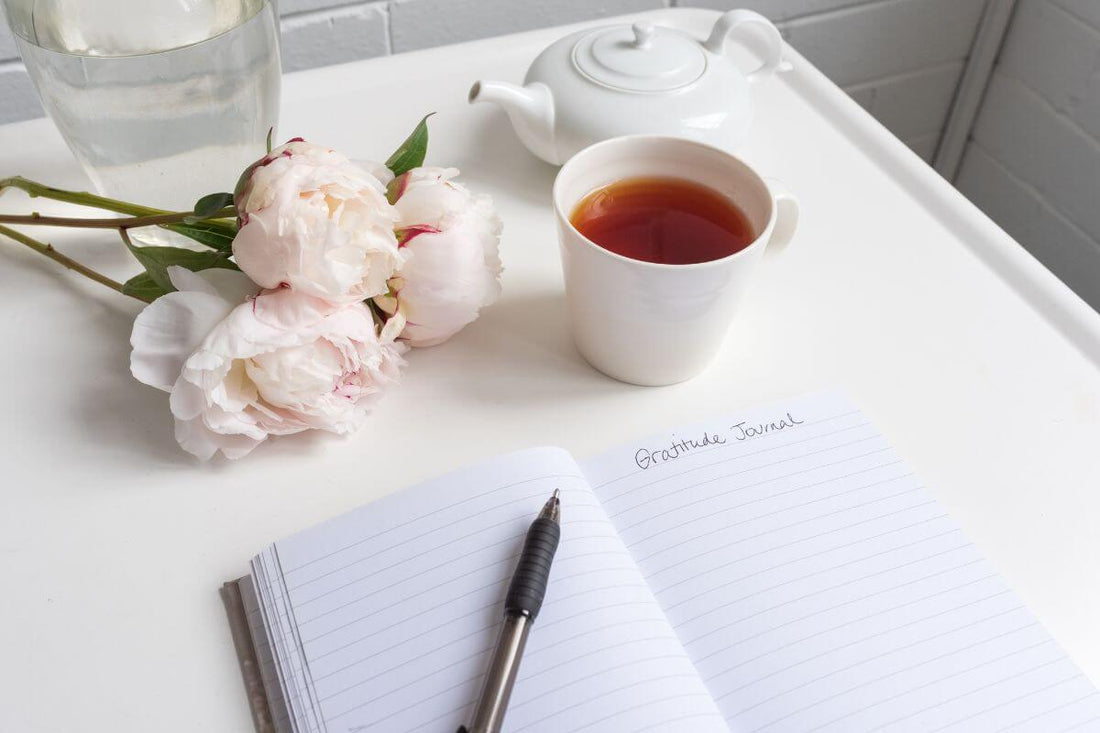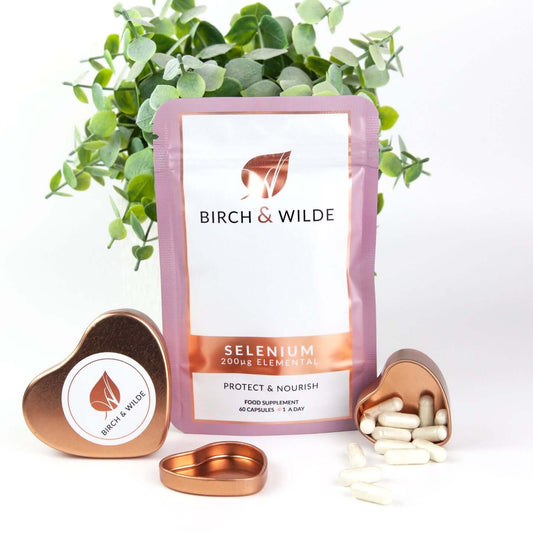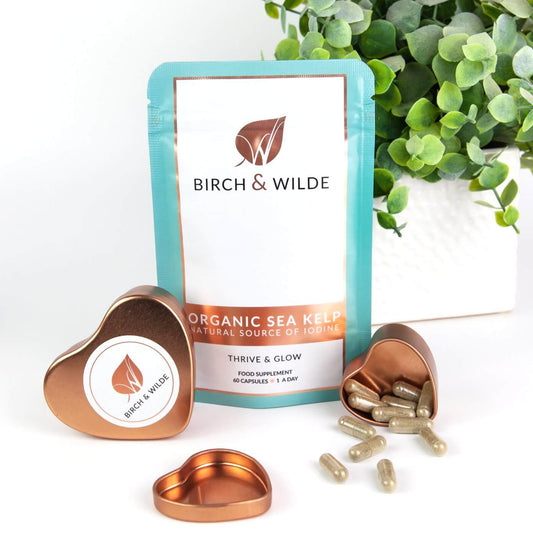Can journalling really make a difference? Yes! Here's our top 5 journalling benefits

You might be surprised to hear that one of the best wellbeing and mindfulness tools is actually a simple journal. Journaling offers a large array of benefits — from easing stress to sparking self-discovery.
Shamanic Life Coach Lisann Valentin says “Journaling is mindfulness in motion,” and we have to agree! Journalling can helps to shine a light on (and recognise) areas of your life that are invaluable to the essence of who you are and what you want from life.
For anyone who is yet to start their journalling adventure, it can be over-whelming and easy to feel like it won't have the impact needed. However, the benefits of journalling are huge and hugely positive! Discover our top tips to start journalling with ease here, in our blog of the same name - it's super helpful!
The upsides of journalling are far ranging and can be different for everyone... these are just our top 5. There are so many more and we would love you to share yours in the comments below.
1. Reduced Stress
Journalling can be a great way to release pressure when you feel overwhelmed or simply have a lot going on (internally or externally). And there is research to support this.
In one study, the patients, families, and healthcare practitioners from a children’s hospital were asked to complete a journalling exercise for between 6-18 months. After the study, 85% of participants reported they had found the journalling exercises helpful. Further, 59% continued using writing and journalling to cope with stress.
One simple way to do this is to start by writing 3 things you are grateful for at the start of everyday. This can be anything from your morning cuppa or good weather, to a loved one recovering from illness or a new job or home. Small or large, simple or complicated, it doesn't matter. It's recognising that you are grateful for it, and the act of committing it to paper, that's important.
2. Self Knowledge and Self Discovery
Journalling provides a pause to help you reconnect to yourself and discover more about yourself every day. When you write and journal daily, you will start to discover and learn more about your own pain points, fears, favourites and dreams. You are always a work in progress, constantly evolving. Journalling will help you to listen to yourself and get to know yourself and lot better.
3. Space From Negative Thoughts
When negative thoughts arise, they can be very powerful and consuming. Jotting them down can give you space and distance to see them more objectively. This concept of distance is formally known as 'cognitive diffusion'
Cognitive Diffusion helps to bring about acceptance of difficult thoughts by allowing you to process that you are not your thoughts and emotions, they don't define you. Instead you are just the context in which they happen. This means that you can at some point let them go and not suffer under them.
Journalling can be very helpful with this and is a great way to see your thoughts and emotions as something that is separate from you, something that is usually a temporary state, and something which does not define who you are.
To start using this in your journalling, you can use this great prompt: “I’m having the thought that…” ('I am having', rather than 'I think', is an important separator).
4. Process Your Emotions
A journal gives you the chance to name, process and accept your emotions in a safe, private and contained space. Difficult emotions can then become less overwhelming and easier to manage.
Bottling up unprocessed emotions usually results in the surging up unexpectedly, and often at unhelpful and stressful times.
By naming your specific emotions at the time you feel them, you’re experiencing and accepting them (processing). This has the end result of reducing their strength. Difficult or negative emotions become more manageable and less overwhelming.
5. Clarity and Future Goals
Seeing your concerns, questions, and emotions in black and white gives you a clearer picture of your needs. Even a simple list can give you a good insight and help you to know what you think more clearer, and what you want to do.
Journalling in this way is a brilliant way to help make sense when you feel you have a jumble of thoughts knocking around in your head.
Do you want to start journalling but have no idea how to go about it?
Kick off your self-discovery journey with our next blog - Discover Our Simple Tips to Start Journalling with Ease. You will find some really easy ways to stop procrastinating or feeling overwhelmed, and to start bringing this daily wellbeing ritual into your life and experiencing the positive impact!
If you need help, our beautiful collection of LSW Mind Cards and Journals with prompts are exactly what you want! Not only are they beautiful, but designed by qualified therapists, with mindfulness at the core, they are really effective too!
Do you already journal? What do you love about it best? We would love to hear your thoughts in the comments below...




















